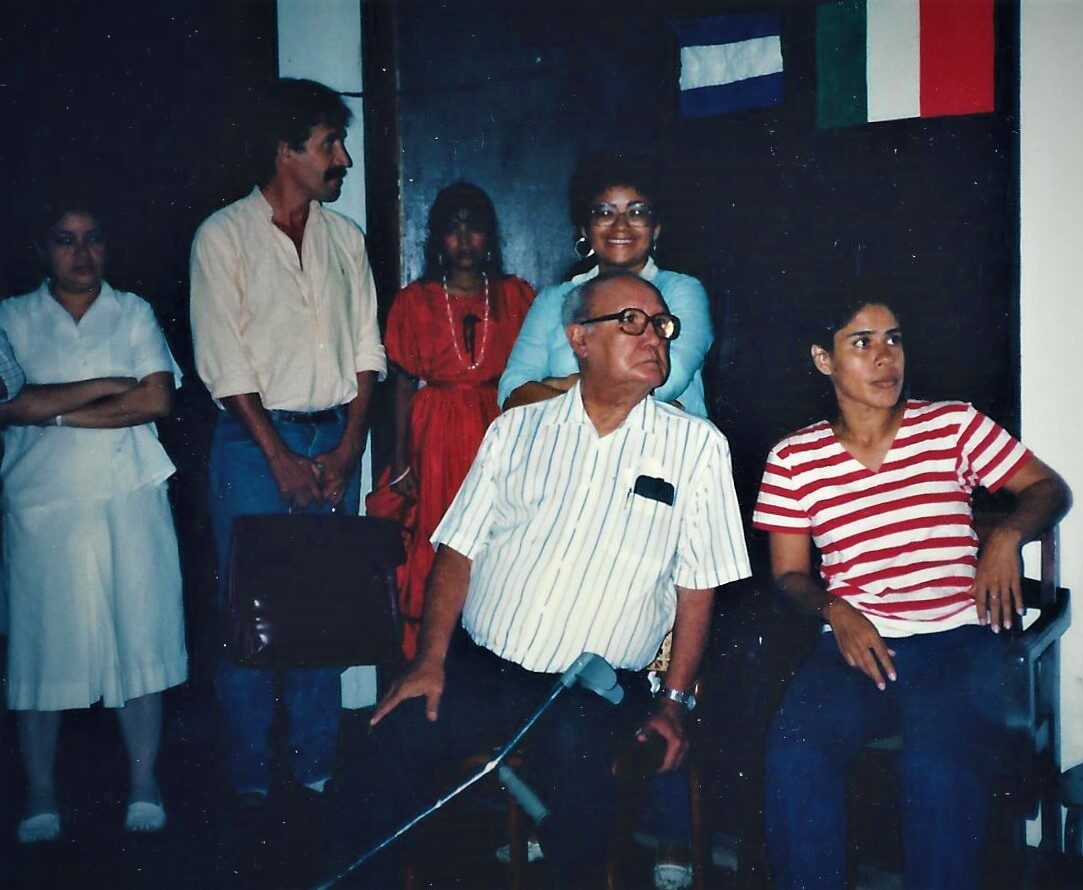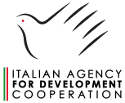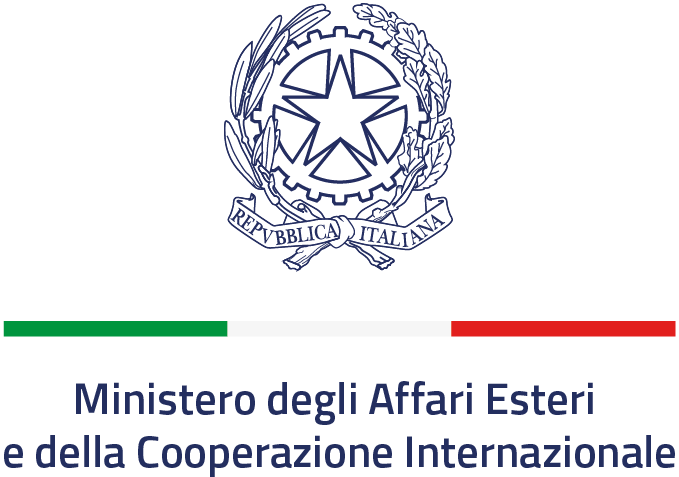In Nicaragua, GRT has implemented numerous projects with long-term results, intervening in various sectors.
Mental Health
The first objective was the humanisation of the psychiatric hospital in Managua, a place of dehumanising restraint, followed by the huge research effort in bringing and supporting psychiatric patients back to their families and communities.
This was followed by projects and activities to prevent and raise awareness of mental health issues, and participation in the restructuring of community air jordan 3 black cement reimagined jordan luka 3 colorways release dates psychiatric services, first in Managua and then in the north of the country.
Children’s living conditions
GRT also supported a day care centre for children in Estelí, working intensively so that the children could live with their families and/or extended families.
GRT also worked in the city prison caring for the rights of young prisoners by inventing and producing alternative practices to imprisonment, rather than building a juvenile prison as initially requested.
Considering then the social culture of Nicaragua, where the thought of the self-determination of children is incredibly deep-rooted (often abandoned and many times considered primarily responsible for the sustenance of even brothers, mothers or grandmothers), GRT took steps to introduce organic cultural mediations to this thought, so as to produce global activities that would see children as protagonists of their lives and choices, workers but also holders of an adequate right to training and harmonious psychophysical development.
The essential result, which is maintained over time, is the activation of a chain of interventions, also informal, in favour of the categories of persons at risk of marginalisation.
The activation of these resources, linked to institutions in the area but independent of the public organisation, has held up even in times of severe contraction of public social resources. Basic training on issues of social inclusion has created a widespread culture of acceptance of diversity, and the articulation of technical knowledge with the rehabilitative and resocialising insights of volunteers has given strength to public personnel in their difficult task of therapeutic assistance and rehabilitative protection.
For those interested in learning Paul Pierce giving his Nike Max P2 V away Air Jordan XXX Revealed more, the founding principles of the TSO intervention in Nicaragua are written in the book “Cooperation in Nicaragua: Mental Health. Theory and practice of transcultural psychiatry“ edited by Roberta Terranova Cecchini and Loris Panzeri.



